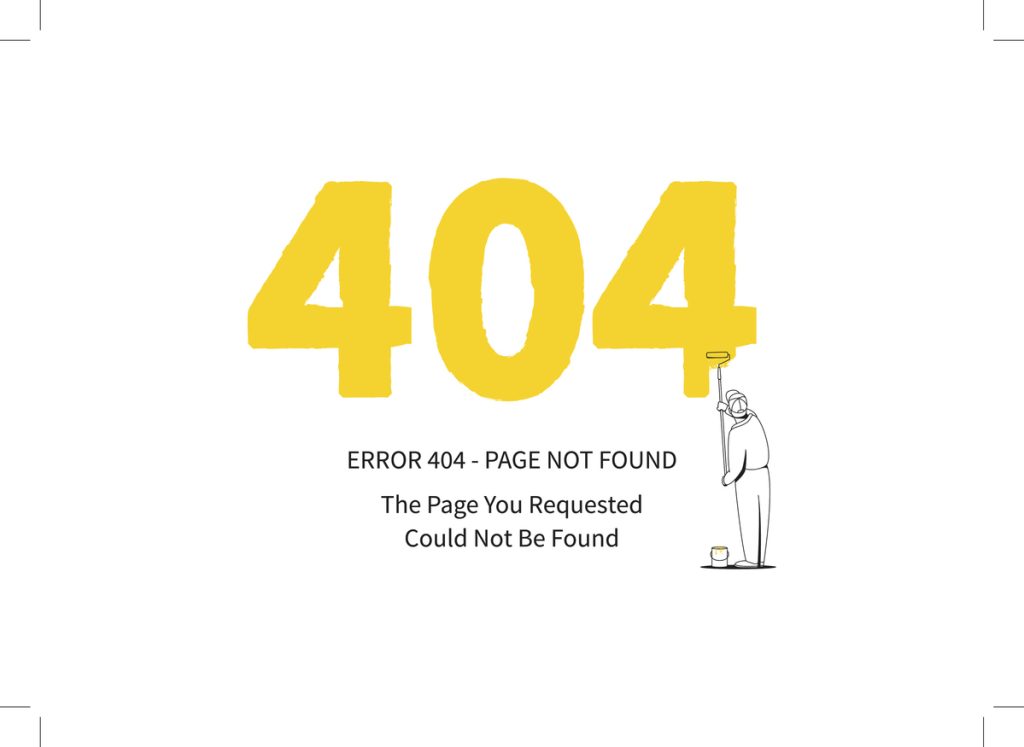Google and other search engines prefer content that’s relevant to what the user is searching for while also being informative. The search engine values user experience above all else and prefers sites that are updated regularly. Authority is also a key factor, and a good way to build this authority is to optimise your content to keep it relevant.

Tending to your old content is an efficient way to improve organic traffic and boost its chances of ranking higher in SERPs (Search Engine Results Pages).
As a digital marketing agency in Lancashire with over two decades of experience, we know just how important it is to have fresh content on your website. We also know that constantly creating new content can be daunting, and often you’ll have a good foundation to work from with your older content.
How to Prioritise What Content to Update
Not all content needs updating, and some might be more important or relevant than others. As SEO digital marketing consultants, we can guide you on which content is best to optimise, but here’s a brief starting point:
- Evergreen content that remains relevant over time
- Pages targeting high-intent queries or driving conversions
- Outdated content that still receives traffic
Boost Your Rankings with Content Updates
Since 2011, Google has been using the ‘Freshness algorithm’ which is designed to give users the most recent and up-to-date content
Some keywords will benefit more from fresh content, like those referring to current events, product updates and trending topics. Use tools like Google Trends, Ahrefs, and SEMrush to monitor search volume and content gaps. These insights help prioritise which content should be updated based on relevance and traffic potential.
Because people are usually searching for the most up-to-date information, keeping content fresh and accurate can help push it to the top of SERPs and increase visibility.
Improve the Accuracy and Trustworthiness of Your Content
Another reason why you should update your old content is to check its relevancy and improve its accuracy. As we’ve established, search engines favour useful and relevant information, which means they want accurate information too.
Accuracy builds trust, and trust is vital for Google. If people lose trust in the information you’re offering, Google will notice the reduction in traffic and you’ll quickly drop down the rankings.
Imagine you want to visit a store in your area. You want to know when the store closes so you can be sure to get there in time. Google tells you it closes at 5pm. You get there at 4pm and the shop is already closed for the day. Understandably, you won’t be happy.
Also, you may even stop trusting what Google tells you if it keeps happening. It’s a no-brainer; if a search engine repeatedly gets information wrong, people will stop using it – so it’s in everyone’s best interest to get it right and keep it fresh.
Check for Broken Internal Links
How frustrating is it to see this when searching for information?
When people click on a link, they expect to be taken to a page where they’ll find what they’re looking for. A broken link results in a ‘page not found’ message – which not only disrupts the user journey but also damages your SEO.
Make it a priority to optimise your content by fixing broken links. Tools like Screaming Frog, Google Search Console, or Dead Link Checker to regularly audit for 404 errors. When content is removed or relocated, make sure to add redirects.
Also consider consolidating similar content to avoid cannibalising keywords or duplicating value across pages. If two older blogs are competing for the same keyword, merging them may improve overall performance. If you have an older page that performs well, check whether there is an opportunity to link to a newer page.
All of these small things add up to increase your overall domain authority.
Promote Your Content to Other Sites or Social Media
Optimising your content allows you to prepare it for publication on other websites or social media. Consider crafting platform-specific headlines, using high-quality visuals, and maintaining post format consistency across your channels.
When sharing on platforms like Facebook, Instagram, LinkedIn, or X, tailor your post format and language accordingly. Add hashtags where appropriate, and make sure the post length is tailored to the platform you’re sharing on.
Sometimes, the changes you should make are minimal. Other times, you have to repackage your content into something like a listicle or a ‘best of’ post. And if you use infographics, it can be a great time saver to create these with the intention of chopping them up to share smaller visuals via your social channels – it’s a great way to repurpose existing content and get more value from it.
Boost Domain Authority
Increasing the domain authority of your site can take time, but every little thing counts, including optimising your content. Re-evaluating content means that it stays authoritative, valuable, and well-structured, giving you stronger SEO foundations.
Remove duplicate content, integrate long-tail keywords, update outdated facts, information, or references, and make sure that each post aligns with E-E-A-T (Experience, Expertise, Authoritativeness, and Trustworthiness) guidelines.
When your content is genuinely useful, you might find that others will link to it, which boosts your backlink profile and improves your authority. Our content marketing experts can assist you with optimising your content to be the best it can be, both for user experience and search visibility. We can also help you understand E-E-A-T and how to strengthen your content to align with these principles.
How is Google Looking at the Freshness of Your Content?
So, we’ve determined that Google likes fresh, optimised content. But what exactly is the search engine looking for? How can you be sure you’re making the right changes to your content?
Google looks at specific things, including the following:
- When the content was published/indexed (the more recent, the better)
- The number of changes made to the content
- If you changed important areas of the page (like the main copy)
- How often the content is refreshed
- How many new pages you add to your site (and at what rate – sites that update more frequently are likely to have a higher freshness score)
- Traffic, engagement, and time spent on the page
Google evaluates freshness differently based on the type and scope of changes. Minor edits like fixing typos, changing a couple of sentences, or adding an image, are all important things to consider, but they’re unlikely to impact rankings. Substantial rewrites, such as updating facts, improving structure, expanding sections are all more likely to improve SEO performance and freshness score.
How to Measure the Impact of Content Updates
After making your changes, there are several ways to measure the success of your optimisations – be aware that you may not see improvements instantly, as these often come with time. You can measure things like your keyword rankings before and after updates, tracking click-through rates in Google Search Console, as well as monitoring organic conversions and bounce rates.
If you’re unsure how to go about all this, simply get in touch with SQ Digital. We have over 20 years of experience providing digital marketing services and can help you make the most of your content and website.

